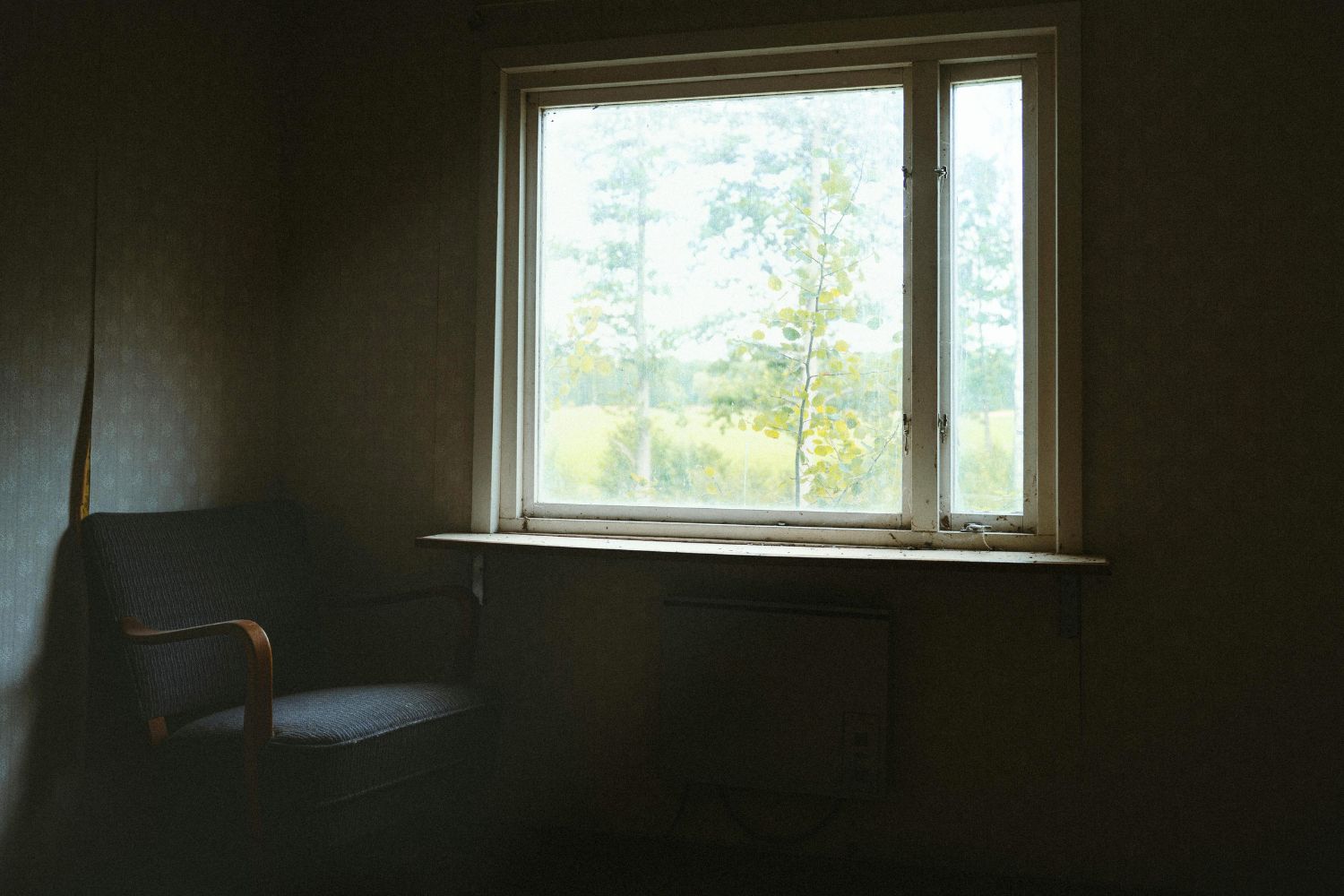The story of Antonio, dead at home for 15 years without anyone noticing or ever wondering how he was, reflects our collective loneliness, modern indifference and the loss of humanity that characterizes today's society

For 15 years, Antonio Famoso remained in his apartment in Valencia (Spain), invisible to everyone. No one looked for him, no one knocked on his door. When firefighters entered due to a simple flood, they discovered a mummified body, dressed, that had been lying there in silence for more than a decade. A man who disappeared from the world but not from the records: his bills continued to be paid, his pension kept being credited, his condo fees regularly settled. As if he were still alive, as if bureaucracy could replace human memory.
The normalcy of indifference
This sad story is not just a news item, but a bitter portrait of a distracted society, where one can die without anyone noticing. Neighbors barely remember his figure: a reserved man, a creature of habit, who spent his days between supermarket, walks and home. Then, one day, he disappeared. No one asked where he had gone, not even his children, with whom he had severed all contact. Perhaps people thought he was in a nursing home or simply elsewhere—no one even wondered. And so absence became routine and loneliness an invisible detail.
Meanwhile, as mentioned, Antonio kept paying even after death thanks to direct debits on his bank account: electricity, gas, condo fees. An illusion of presence that fooled even the system. It’s as if the world had forgotten that behind every account number, behind every bill, there’s a person. Only an accidental flood brought his existence back to light, or rather, his absence. Yet no one over the years felt the need to knock, to ask, to worry.
Loneliness as a collective mirror
This story is a mirror we wouldn’t want to look into. Online comments prove it: some remember having an elderly neighbor and often knocking just to know how she was doing, some admit that we now live as strangers, some wonder how it’s possible that his children didn’t look for their father. Yet, behind these words lies the most uncomfortable truth: we are increasingly connected and increasingly distant.
Antonio’s silent death is a warning for all of us. Because dying forgotten by everyone is not just a sad ending: it’s a sign that relational poverty has surpassed economic poverty. And until we start looking at each other again, asking how our neighbor is doing, we will continue to live among ghosts.
Source: Il Messaggero
